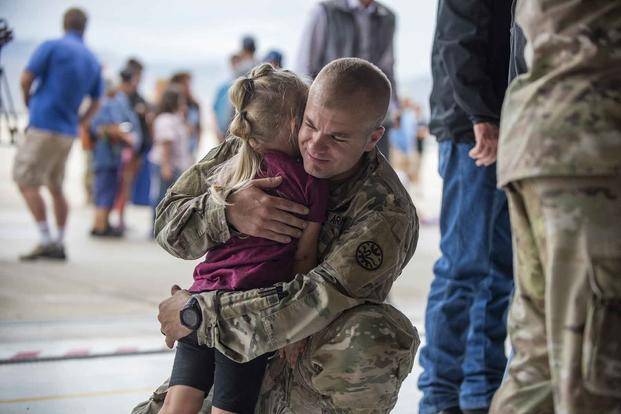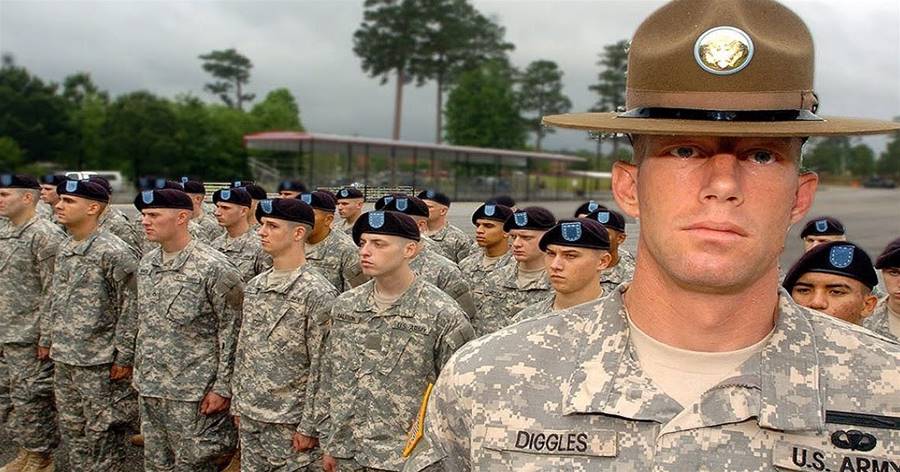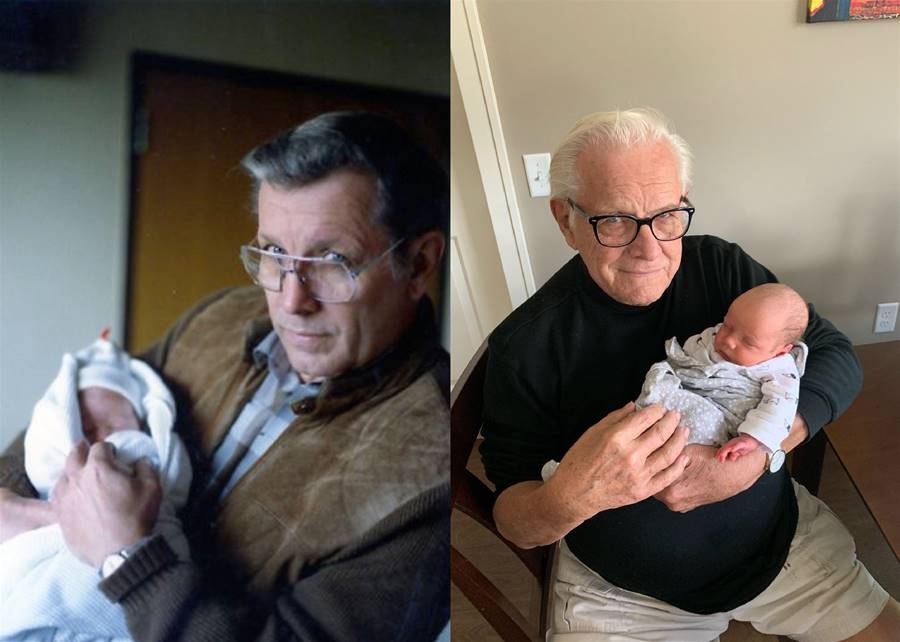
A decorated young noncommissioned officer in the Army, who has achieved a Ranger tab, Expert Infantryman Badge, and several achievement medals, is facing challenges in his personal life. Despite his successful career and readiness for combat, his constant rotations, trainings, and year-long mission in Europe have taken a toll on his marriage. The NCO, considering leaving the Army, expresses the struggle of balancing military obligations with starting a family.
This story reflects a broader issue within the Army, as reported by Military.com, where soldiers describe an overwhelming pace of missions and training that stretches units and strains families.
The operations tempo (OPTEMPO) of soldiers being away from home is compared to the peak of the Global War on Terrorism. The burden of war was more understandable a decade ago when the Army was fighting on multiple fronts, but the rapid pace has become even more extreme. Currently, the Army has approximately 120,000 soldiers deployed abroad, which is comparable to the total number of troops in Afghanistan and Iraq at the height of those conflicts in 2008.
The smaller size of the present-day Army is shouldering a mission load similar to that of the entire military in the past. This continuous high OPTEMPO has significant impacts on soldiers and their families, causing stress and strain.
While soldiers accept the expectation of deployments and long hours of training, they did not anticipate this much time away from home during peacetime.
The Army leadership acknowledges the necessity of various missions, such as combat training center rotations and the current mission in Europe to support NATO's front line. However, the simultaneous demands are raising concerns about potential burnout among soldiers. Deployment schedules are usually planned years in advance, but changes to missions and additional obligations further disrupt soldiers' time at home.
Soldiers express their readiness for combat but hope for more breathing room and a better balance between their military responsibilities and personal lives.
Senior leaders recognize the toll this high OPTEMPO takes on soldiers and families, highlighting the need to address potential burnout concerns.









